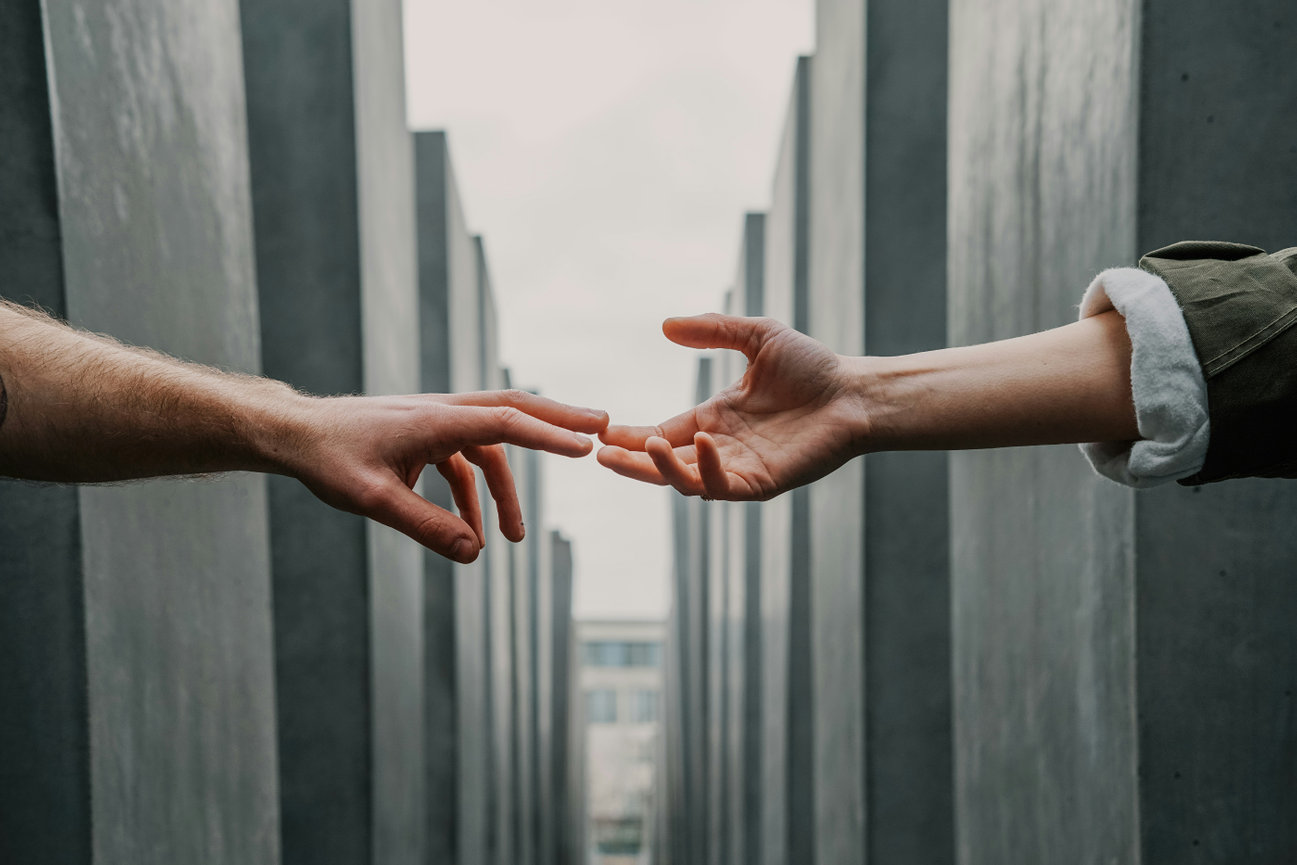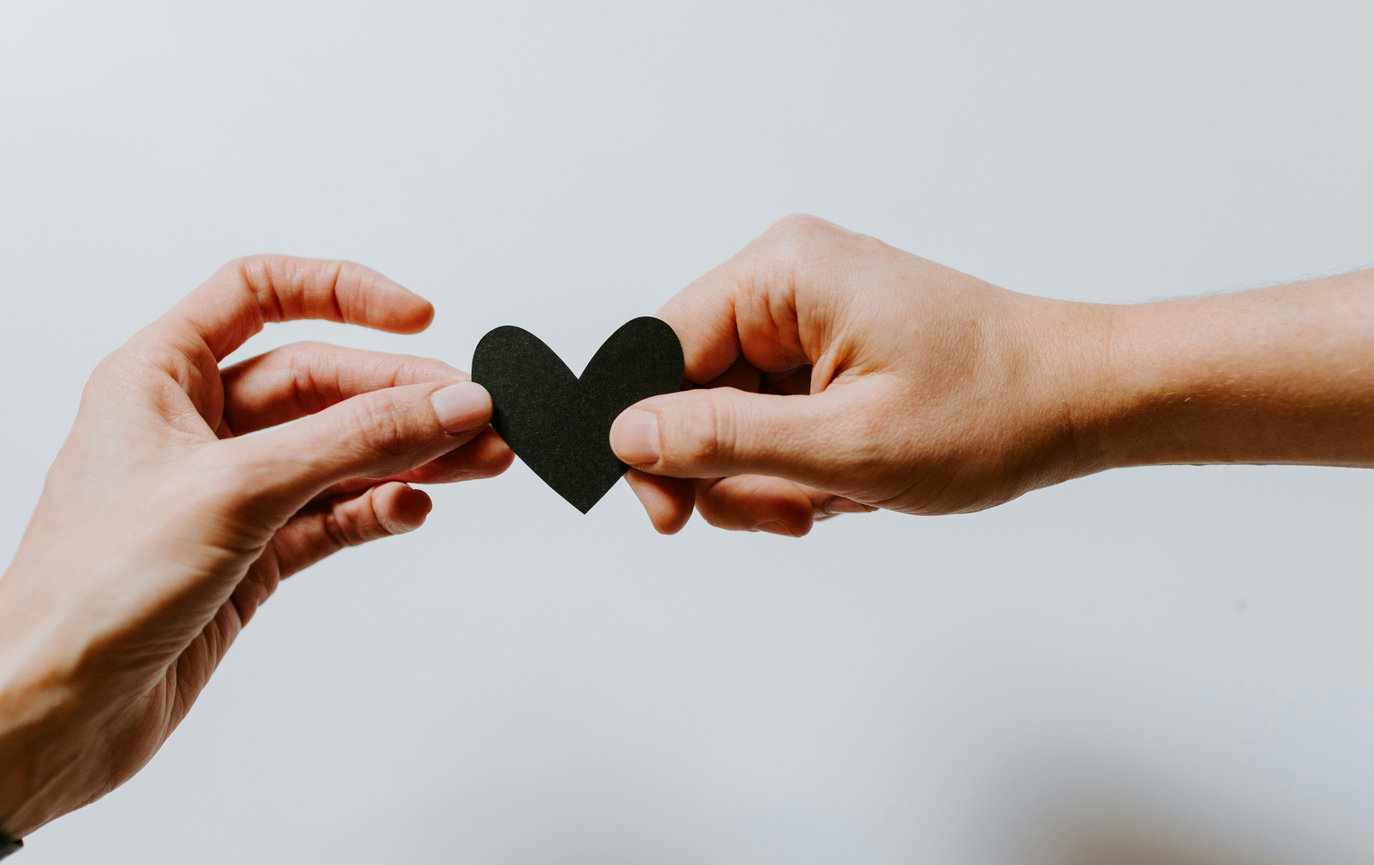A few weeks ago, I was a guest at @talktomamipapi and spoke about how to talk to your immigrant parents about divorce. The episode is now available!
Part of the conversation was comparing relationships then (when our parents got together) versus relationships now. I love working with all couples throughout the different stages of their relationship. I offer dating therapy, premarital counseling, and regular couples therapy. However, I have a keen interest in millennial couples because I believe we have unique struggles navigating life and relationships that most of our parents didn't. This does not imply that relationships back then were perfect, but in some ways they were simple. I think that if couples therapists miss the nuances of millennial relationships they can't adequately help.
Back in the day, you met the love of your life in high school, they became your high school sweetheart, you graduated high school, the man (typically) would find a job that allowed to support a family, you get married, moved into a little home, had kids, and that was it. It was concrete and secure, very defined. Divorce was not as common or spoken about. I'd say that in many Latinx families, divorce was not even a term used. Divorce, if spoken about, was with a negative connotation and denoted failure. Again, I'm not implying that relationships, way back when were healthier or more fulfilling. Some were and some weren't; however, they were simpler.
Today millennials, have to think about so many different moving pieces when deciding to commit to the person they love. These outside factors often put a lot of stress in the relationship and if not managed well can cause strain.
Because both men and women are more likely to pursue higher education, a committed relationship is not necessarily a priority from a young age. Even when it is, obstacles related to unpaid internships, study abroad programs, and getting into different schools can become very valid obstacles. Despite technology, sustaining a long-distance relationship comes with its own set of challenges.
Then when we are done with school, becoming settled in our careers takes blood, sweat, tears, and low-paying entry-level jobs with no benefits. On top of that, add a load of student loan debt. This can make it difficult to move in together, save for a ring, and plan a wedding. More so in big cities, where the cost of living is incredibly high.
Dual career relationships are becoming more of the norm, which often entails both partners dedicating a lot of energy to work, having complex schedules, and often having to travel for work. Negotiating career changes and finding a balance between family and career can be tricky. Although we aren't our careers, so much of us goes into creating our careers. So broaching these topics can often make us go into defense mode because they are very personal.
Aside from the demands of a career, people are now more invested in hobbies and passions. Back then, people focused more on "what had to be done" and fun was seen as trivial. Millennials have a special appreciation for fun and causes. Maybe you want to rescue stray dogs, coach a local soccer team, or write a book. Regardless, of what your interests are they will demand your time and energy.
If you want to add kids into the mix, parenthood looks different these days. Historically, parenting has never been easy. Couples often have different views on discipline and expectations for themselves as parents and for their kids. Yet, in the era of social media, tablets, and Roadblocks there are added issues to address.
Everything, I have touched on so far has been outside factors that can create obstacles for a couple in love. Let's now touch on the emotional piece. Committing to a relationship later on in life, at times, means more emotional baggage. We bring with us all of our previous relational experiences into our current relationships, when these experiences haven't been the best, it can impact the way we show up with our partner.
For the younger Millennials, labels are this scary thing we don't like to throw around. So we meet people, talk to them, engage with them sexually, meet their families, etc. And we are rarely, clear about what they mean to us and what our intentions are. We might have a terrible fear of rejection or worry that we might be perceived as "too intense." We might also make ourselves believe, that if we don't put a label on it, we won't catch feelings, therefore, we won't get hurt. Far from the truth and that's a common lie we tell ourselves. All of this leads to misunderstandings and heartache, that we then unintentionally carry into our current relationship.
It's amazing that we have so many opportunities, more so for women and children of immigrants. It also means that we should shift our expectations when it comes to relationships. We need to learn how to manage outside stressors to protect our partnerships. We need to become aware of how our relational history impacts the way we engage with our current partner. We need to understand that person we fall in love with today will evolve into many other persons throughout their lifetime, and so will we. We need to find ways to continue to be connected to all the versions of the one we love. Additionally, we need to reflect on what love looks like within our current context. The way you showed love to each other at 25 might be very different at 45 AND that's okay. There's no shame or failure in that, our relationships are to evolve as we do. Relationships are not meant to be stagnant, they are living and breathing organisms too.
If you are dating, in some form of a relationship, or in a committed partnership and are a millennial, I get it...it's not easy and it is also possible.






Leave a comment
0 Comments